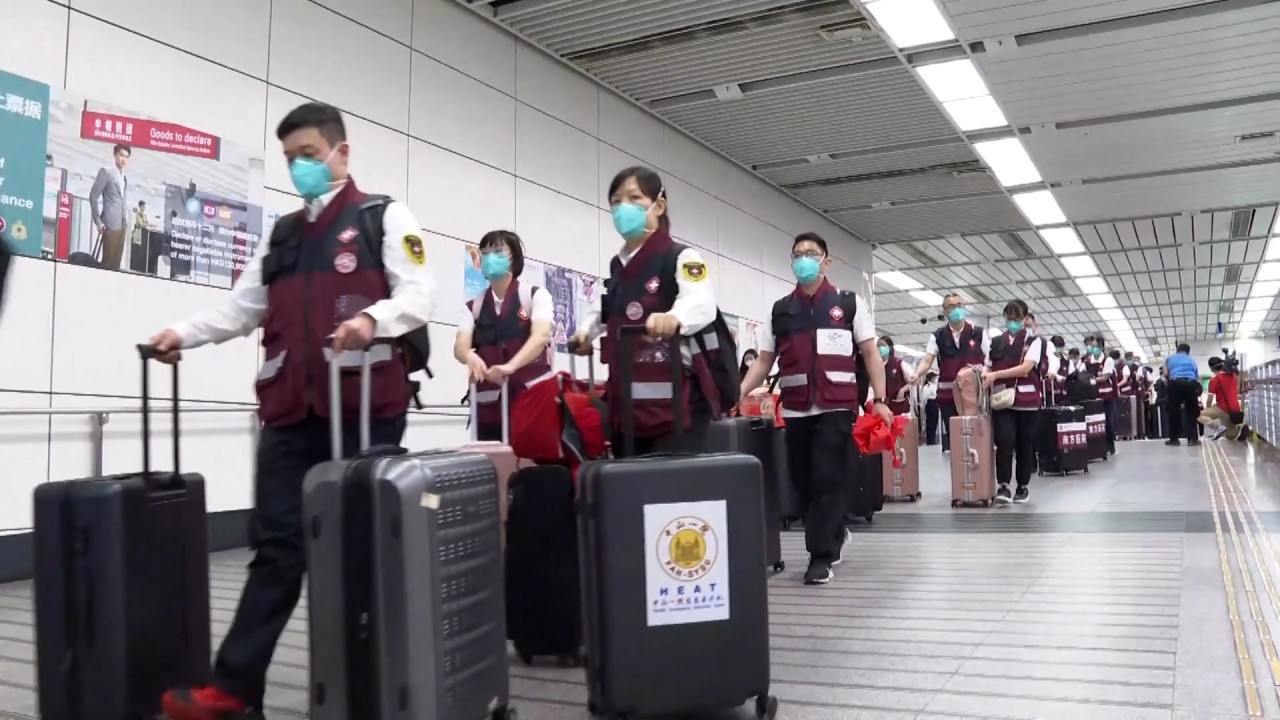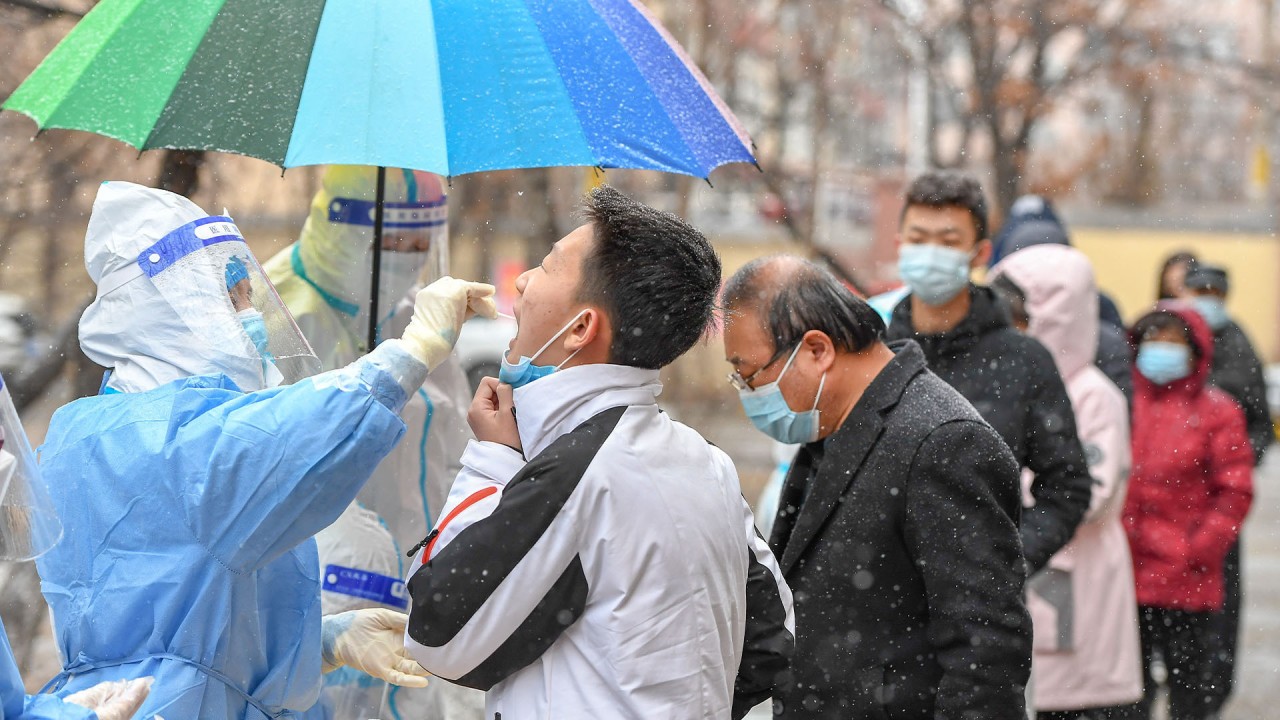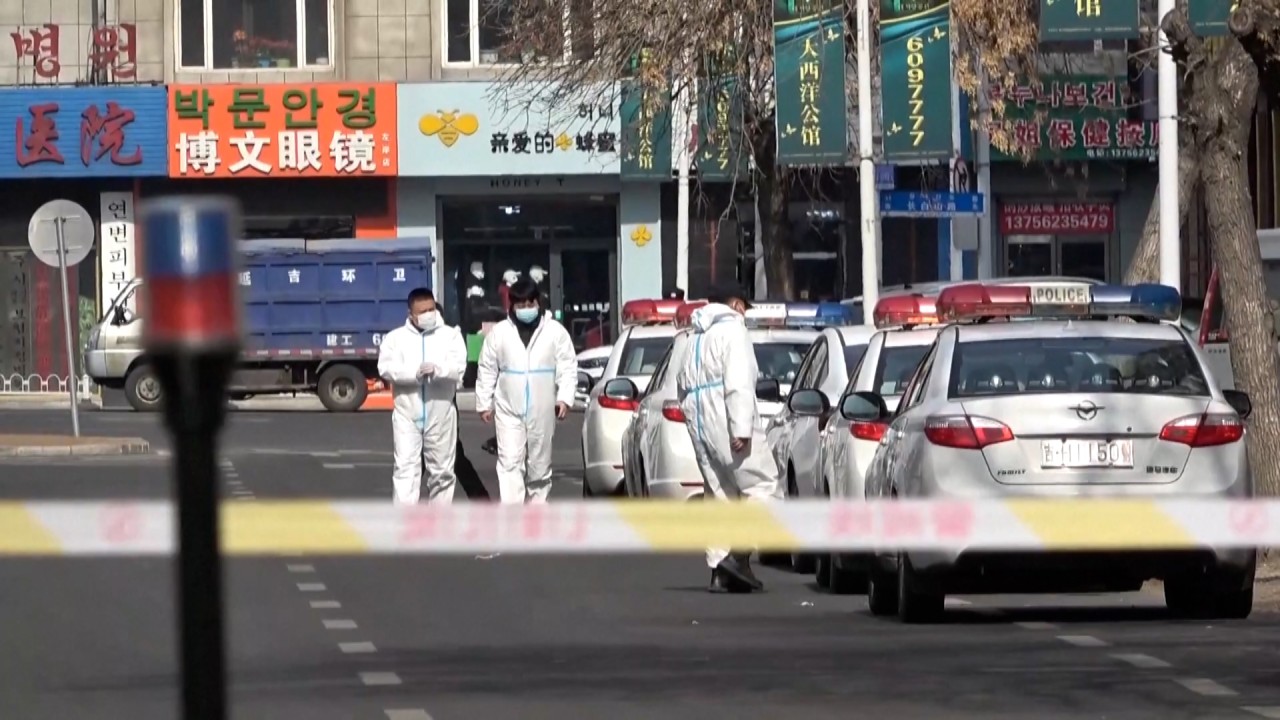
By targeting mainland medical help, Hong Kong’s media is only harming the case for press freedom
- Repeatedly asking about medical compensation is insulting and raises the question of whether press freedom can exist as a core value under ‘one country, two systems’ if it ignores basic ethics
Your house is on fire. Your kind neighbours come rushing out with buckets of water to help but you hold out your hands to stop them in their tracks and ask: “Who will be responsible if my furniture suffers from water damage?” Absurd, is it not? Well, not so absurd, it would appear, in Hong Kong.
This question was repeated on almost every occasion whenever the authorities talked about issues relating to the pandemic, regardless of what answer the press had been given before.
The implication that mainland medical personnel are somehow professionally substandard, or the assumption that our medical and judicial systems are unable to deal with any unusual or unprofessional behaviour on their part, is insulting to say the least. Ultimately, however, it is of course also a question of grace; basic human decency if you like.
You would say that the media’s question was a legitimate one, no? People need to know what would happen if they received substandard treatment. I’d say, yes and no. It is legitimate for the press to find the answers to important social questions, but for this one, the answer is already out there and can easily be found.
So, the answer is that they will be treated the same way as local medical personnel. Question answered. So why the need to raise this question over and over again?
Sometimes when a person asks a question to which he or she already knows the answer, it is a way of expressing a viewpoint or sentiment. The point perhaps is to embarrass or ridicule, or to highlight social conflict or distrust.
Some would say this is an abuse of the privileges and power of the fourth estate. Many may disagree but it is an issue we should be aware of.
The Ethical Journalism Network, a group based in Britain, have summarised the responsibilities of the media in no less than five ethical principles: truth and accuracy; independence; fairness and impartiality; humanity; and accountability.
Press freedom is not just about the freedom to do or say anything in the name of the news. It is also about fairness, basic human decency and accountability to the community at large.
It would also be fair to recognise that the media has a responsibility to the community at large to reflect the overall sentiment of the people and not to simply focus on their own political agenda, if they have any.
The media in Hong Kong has a huge and powerful influence. This influence must not be used in conflict with the social responsibility or accountability of the press. We are not just talking about personal responsibility here, but the overall professional integrity of the press.
What is press freedom without ethics? Can press freedom exist as a core value under the principle of one country, two systems if it ignores basic ethical principles? That is a far more urgent question to ponder at this crucial juncture in Hong Kong.
Ronny K.W. Tong, QC, SC, JP, is a former chairman of the Hong Kong Bar Association, a member of the Executive Council and convenor of the Path of Democracy




